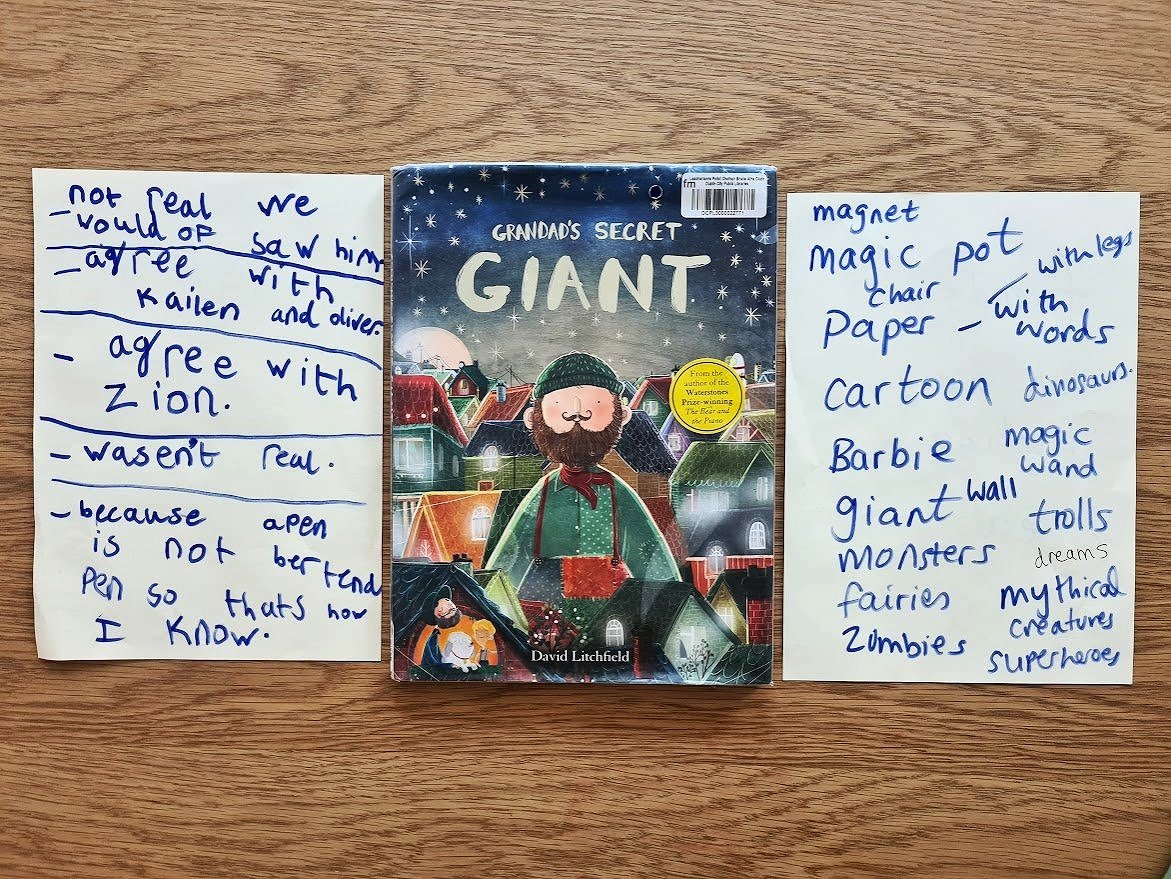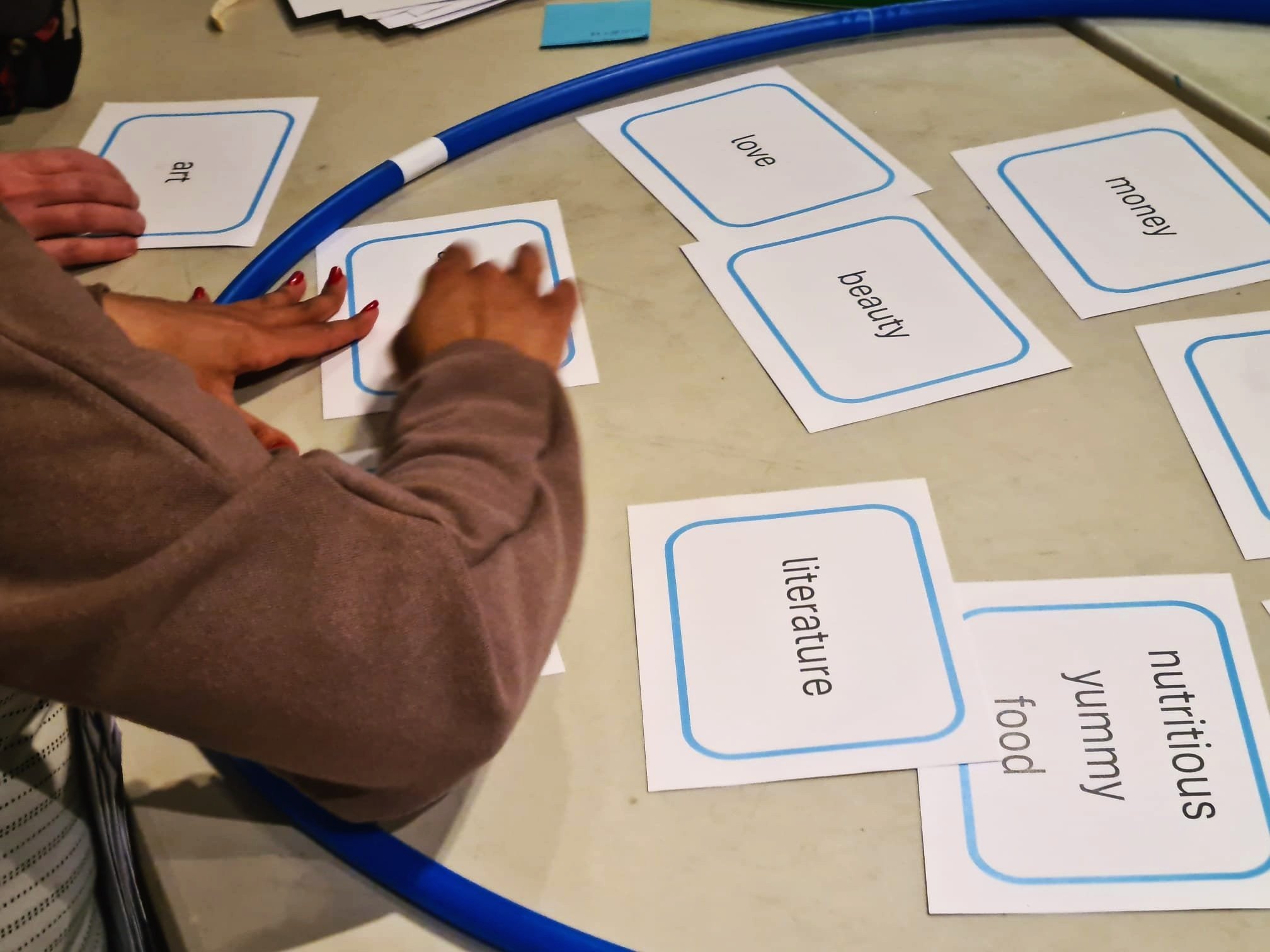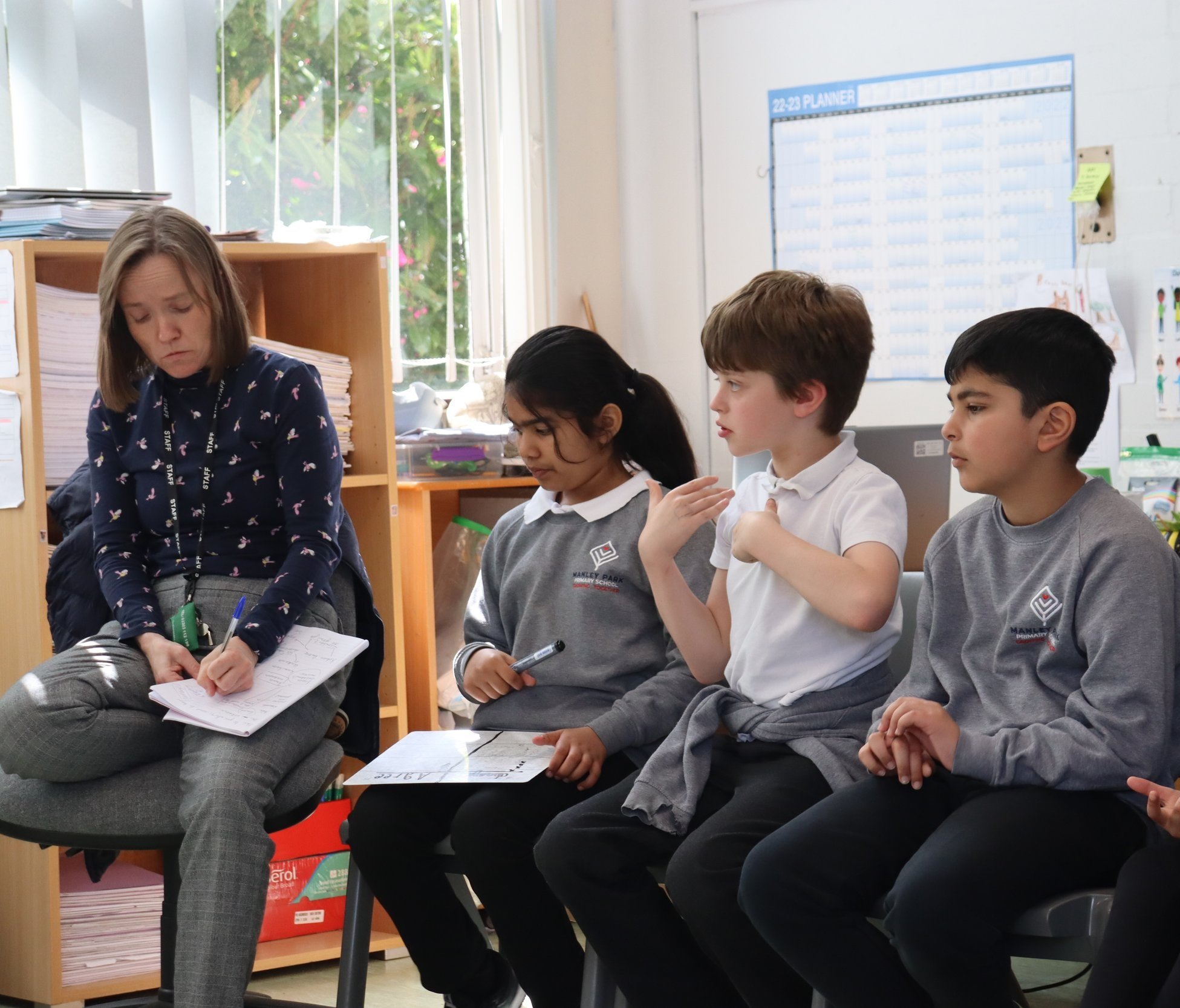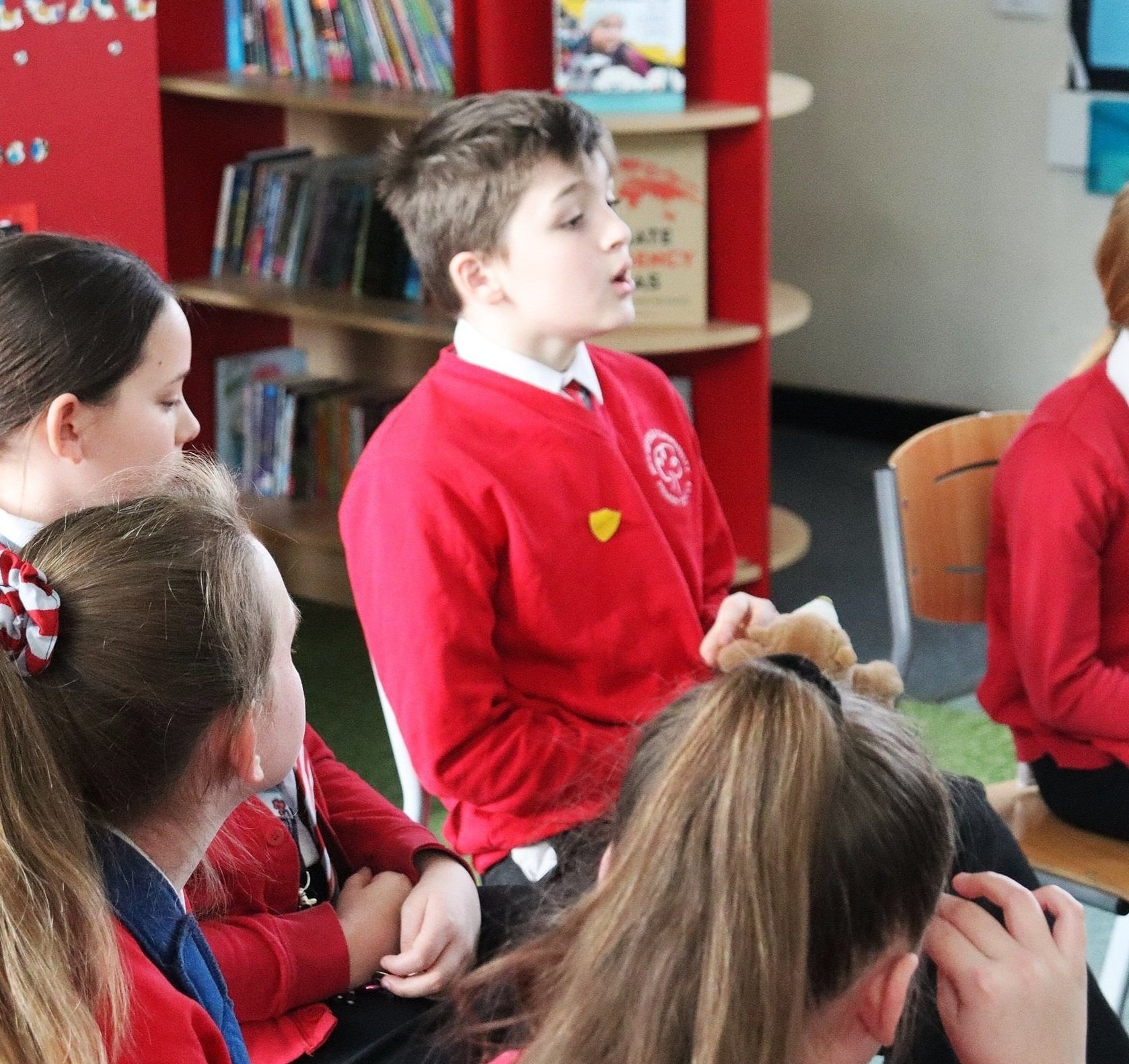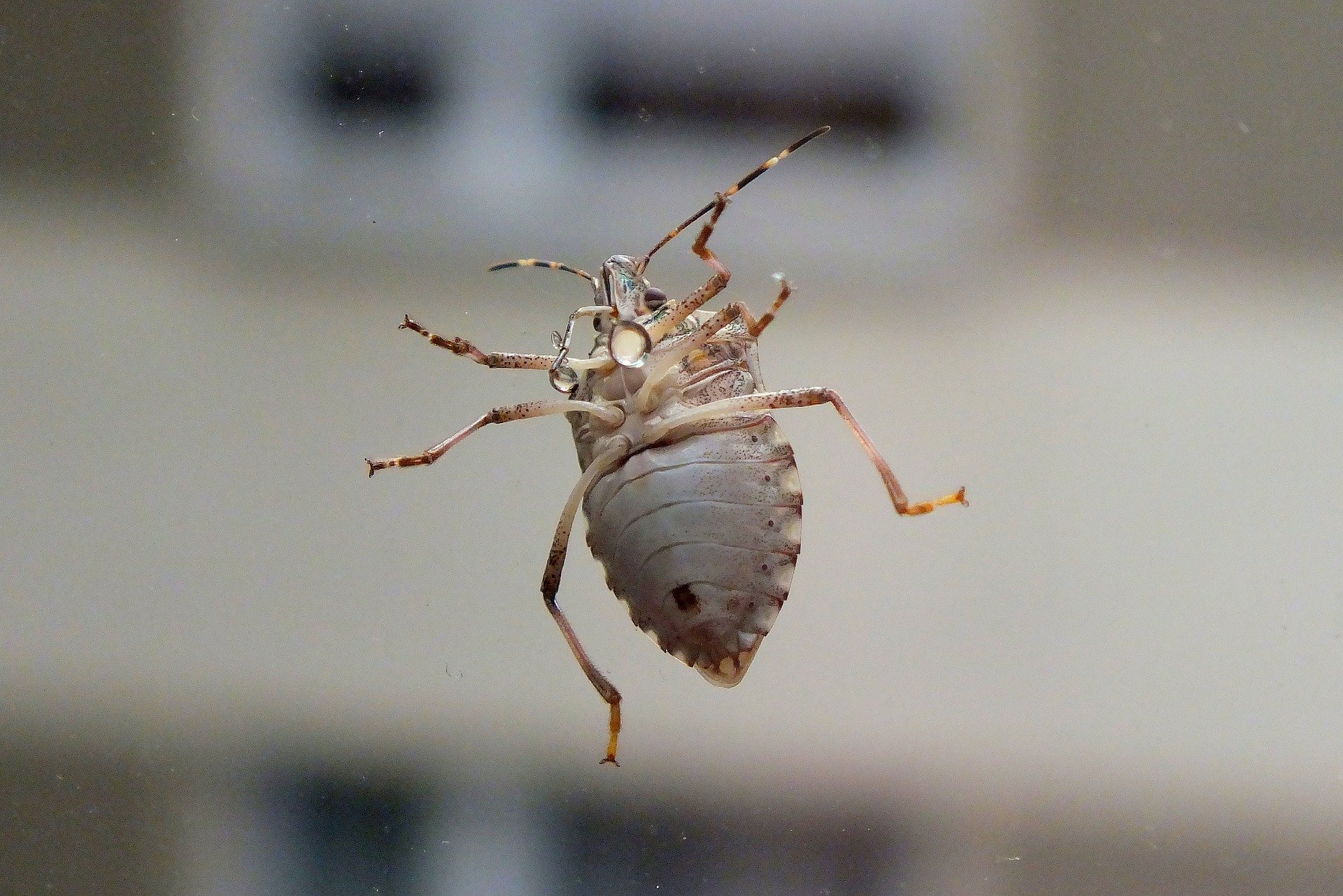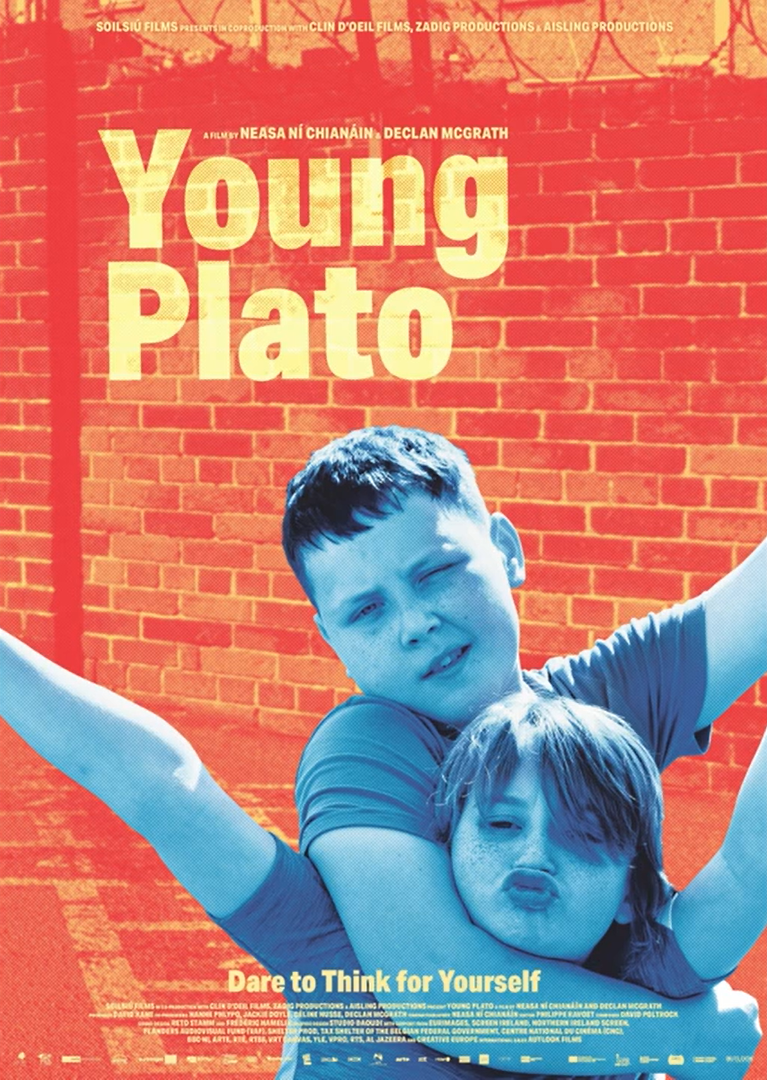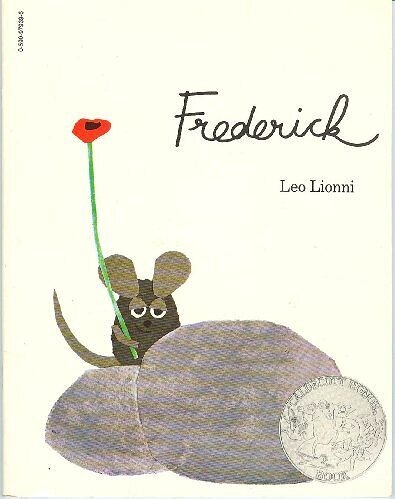

One of the biggest challenges of doing Philosophy for Children is how to fit it into a crowded curriculum. A successful approach is to use philosophical enquiry to enhance thinking and learning in different subjects.
For example, I recently worked with a class who were learning about the Design & Technology objective: Understand seasonality, and know where and how a variety of ingredients are grown… (English National Curriculum KS2).
The pupils had already found out what seasonal food is. But doing a philosophical enquiry about it took their thinking to a deeper level, and gave them an opportunity to wonder how they might apply the learning in their own lives.
What if you want to eat strawberries in winter?
The question for the enquiry was Should everyone eat seasonally? Here are some of the points they made:
I think everyone should eat seasonally, because it’s nutritious and better for the environment.
I don’t think you have to always eat seasonally. What if you want mango, which doesn’t grow here? Or what if you want to eat strawberries in winter?
In my garden we grow cherries and strawberries.
I think we should try to eat seasonally, but to do it all the time might be difficult.
I also think we should try, but it might be difficult to get a balanced diet the whole way through the year.
I want you to clarify what you mean by a balanced diet…
I hope this illustrates how P4C can enhance learning within an area of the curriculum.

An example of using children’s wonderings to guide a philosophical discussion
Reminders from six-year-olds about some of the benefits of P4C
Show your pupils that you are trying to understand their thinking
Pupils feel that P4C helps them with everything from relationships to confidence to staying calm
Get your pupils thinking about the rights and wrongs of activism
Using an unexpected event as a P4C stimulus
Pupil voice from younger children shows how they enjoy thinking and talking together
How one school is using philosophy to address community tensions and mental health
Children need time to practise the skill of question-generating
Teachers’ reactions after starting Philosophy for Children with their classes
Pupils and teachers talk about how Philosophy for Children enhances teaching and learning
If you’re not yet doing P4C – this video will convince you. If you are, it will convince you to do more.
Children describe how P4C helps them listen to others and to express themselves
A lovely example of a game which generates creative thinking and can give children ownership of their talk.
Starting with simple/fun questions in Early Years helps children develop the skills to consider deeper ('more philosophical') questions over time.
A way to explore the key concepts in a stimulus and enable children to practice building on others’ ideas.
Manchester school receives P4C Silver Award! The SAPERE award scheme can help you ensure P4C is embedded and having impact in your school.

